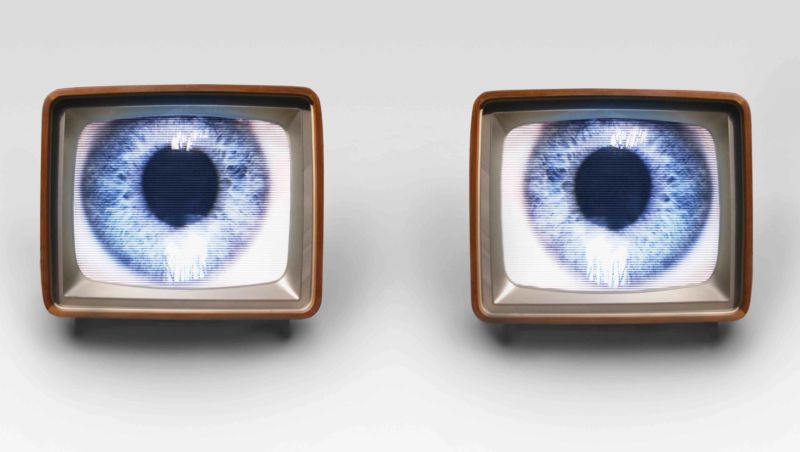One does not have to be a smart TV expert to realize that having a computer in our television sets will offer new opportunities for measuring TV watching habits. Nielsen is the prominent 3rd party provider of TV ratings for the advertising industry, and the company has branched out to cover streaming, out-of-home, cross-device, and numerous other content delivery modalities relevant to the current millennium.
While Nielsen focuses on what is playing on a user’s device, the startup TVision Insights goes a step further by measuring whether the user (viewer) actually pays attention to the content being displayed.
Some smart TV manufacturers also felt, being smart TV experts, that they were in an ideal position to gather TV watching data and use it as an additional monetization channel to their TV business.
Not So Fast
However, consumers and privacy groups did not agree that the practice is above board. A federal court has approved a $17 million settlement in the VIZIO smart TV class-action lawsuit, which alleged that VIZIO secretly tracked what people were watching on about 16 million smart TVs. According to the complaint, VIZIO collected consumers’ viewing histories and information about their digital identities, and VIZIO sold that information to other companies without consumers’ consent.
In another court action, Samsung‘s U.S. arm is seeking to force out of court claims from consumers that its smart TVs violate privacy by collecting data on viewing habits for targeted advertising.
Smart TV Expert: “You can stop the snoop”
Sidespin Group’s smart TV expert witness noted that many computer software and websites collect usage data, and smart TVs are no different. In addition to general user interface usage information, smart TVs collect data about what viewers watch with a technology called automatic content recognition, or ACR. As Consumer Reports notes:
“We’ve seen that smart TVs can collect and share significant amounts of personal data about their viewers. And so can the dozens—or even hundreds—of third-party apps that work with the platforms.”
The good news is that such viewing habit data collection can be turned off in most cases. Some smart TVs do not actually collect viewing information. Such is the case with TCL, which makes this clear in its privacy policy. However, TCL makes Roku-enabled TVs as well, and Roku does collect such information.
Navigating the complexities of software (operating systems, applications, content) is challenging even for a smart TV expert, and is not practical for the average, non-technical TV viewing audience.
Who Gets Viewing Information?
A report from Northeastern University and Imperial College London published in September 2019 found that nearly all major smart TV providers and many streaming services, including Roku and Amazon’s FireTV, are sending data to Netflix without informing users. The report states that almost all the smart TVs tested sent data to Netflix, even if the TV wasn’t configured with a Netflix account. It is not known why the data is being sent to Netflix.
A similar report from Princeton found that 90% of Amazon Fire TV channels and 69% of Roku channels contained trackers from Facebook and Google that collect data about viewing history and preferences. The data shared also includes information that can uniquely identify and locate specific devices (such as advertiser ID, WiFi network, and device serial number). This information was also sometimes transmitted in plaintext.
Takeaways
The bottom line is that user data is extremely valuable to advertisers and TV makers alike, and instead of ending the practice, we can expect that these companies will simply protect their practices better by shoring up their legal disclosures and allowing the user to opt-out — however difficult this may be. It would not be surprising if smart TV litigation would continue to rise. Sidespin Group’s Smart TV expert witness services have been retained for large patent litigation cases, and we see the trend continue.

